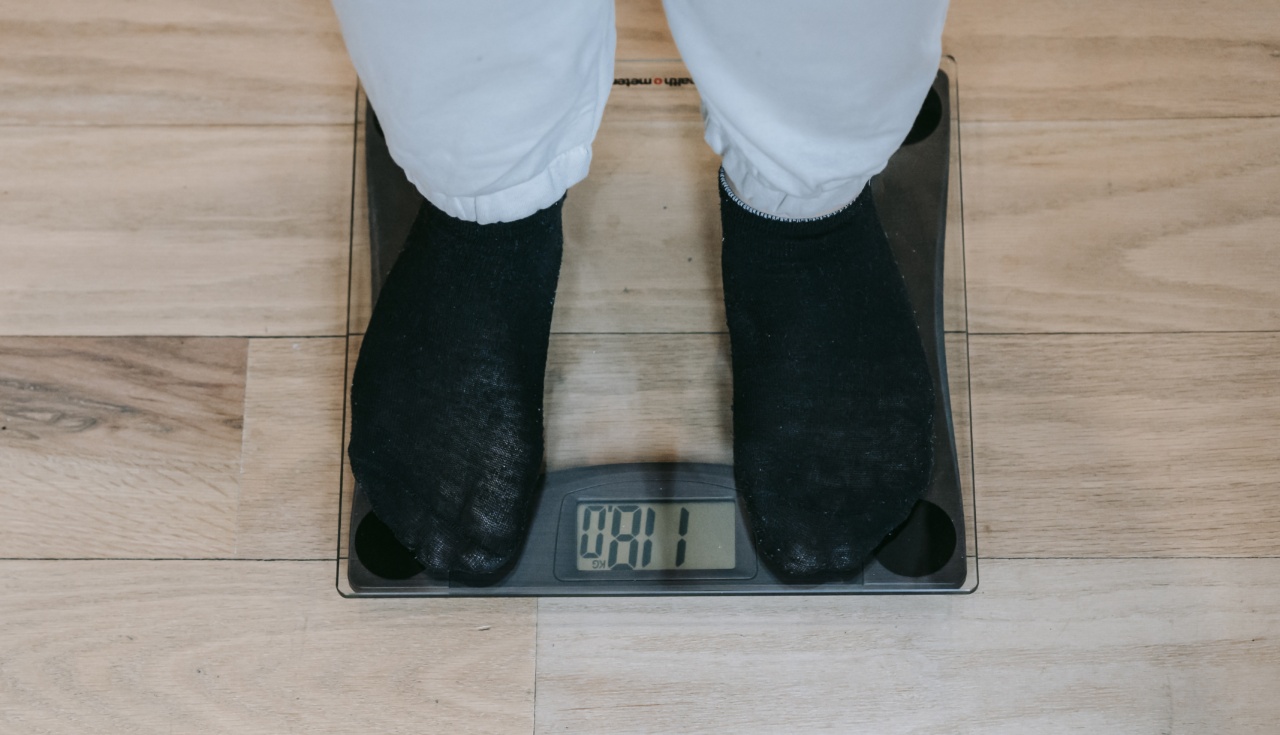Many people consider shiny, thick hair as a sign of good health and beauty. However, various factors can contribute to hair loss, including genetics, age, hormonal changes, and underlying medical conditions.
One often overlooked factor is an unhealthy lifestyle. Research has indicated a strong connection between poor lifestyle choices and hair loss. In this article, we will explore the link between an unhealthy lifestyle and hair loss and discuss the steps you can take to promote healthy hair growth.
H2: Poor Nutrition and Hair Loss
One of the most significant contributors to hair loss is poor nutrition. When your body lacks essential vitamins and minerals, it directs its limited resources to vital functions, neglecting the non-essential ones like hair growth.
Nutrient deficiencies can weaken hair follicles, leading to increased shedding and thinning of hair.
Ensure that your diet includes essential nutrients for healthy hair growth, such as:.
- Vitamin A: Promotes the production of sebum, which nourishes the scalp.
- Vitamin C: A powerful antioxidant that aids in collagen production, essential for hair structure.
- Vitamin E: Enhances blood circulation to the scalp, promoting hair growth.
- Biotin: Essential for the production of keratin, a protein vital for healthy hair.
- Iron: Supports the production of red blood cells, delivering oxygen to the hair follicles.
- Zinc: Helps regulate the oil glands on the scalp, preventing dandruff and hair loss.
By incorporating these nutrients into your diet or considering supplements under medical guidance, you can nourish your hair from within and minimize the risk of hair loss.
H2: Sedentary Lifestyle and Hair Loss
Sedentary behaviors, such as prolonged sitting or a lack of physical activity, can contribute to hair loss. Regular exercise improves blood circulation, delivering essential nutrients and oxygen to the hair follicles.
When blood flow to the scalp is inadequate, hair follicles may become weak and eventually lead to hair loss.
Engaging in moderate-intensity exercises, such as brisk walking, jogging, or cycling, for at least 30 minutes a day can boost blood circulation and promote healthy hair growth.
Additionally, yoga and meditation can help reduce stress levels, which we will discuss further.
H2: Stress and Hair Loss
Chronic stress can disrupt the natural hair growth cycle. When you’re under stress, your body releases cortisol, a hormone that can lead to hair follicle miniaturization and premature hair shedding.
Prolonged or severe stress can also trigger conditions like telogen effluvium, where hair prematurely enters the resting phase and falls out.
Managing stress is crucial for maintaining overall health and preventing hair loss.
Consider incorporating stress-relief techniques into your daily routine, such as deep breathing exercises, practicing mindfulness, indulging in hobbies, or seeking professional help if needed. Taking steps to reduce stress can have a positive impact on your hair health.
H2: Smoking and Hair Loss
Smoking tobacco not only harms your cardiovascular system and respiratory health but also affects your hair. Smoking narrows blood vessels in the scalp, limiting blood flow to the hair follicles.
Over time, this reduced blood flow can weaken the hair follicles and lead to hair loss.
If you smoke, quitting can significantly improve your hair health, along with numerous other benefits for your overall well-being.
Seek support from healthcare professionals or support groups to help you overcome the addiction and embark on a healthier path.
H2: Excessive Alcohol Consumption and Hair Loss
Excessive alcohol consumption can take a toll on your hair health as well. Alcohol dehydrates the body, including the scalp, leading to dryness, flakiness, and brittle hair.
It can also disrupt the absorption of essential nutrients, further exacerbating the risk of hair loss.
While moderate alcohol consumption is generally considered acceptable, excessive and chronic alcohol abuse can harm your hair. To maintain optimal hair health, limit your alcohol intake and ensure you stay hydrated by drinking plenty of water.
H2: Poor Sleep Habits and Hair Loss
A good night’s sleep is essential for overall well-being, including maintaining healthy hair. During sleep, your body regenerates and repairs cells, including those responsible for hair growth.
Lack of quality sleep can disrupt this regenerative process, affecting the health of your hair.
Establish a regular sleep schedule and create a relaxing bedtime routine to optimize your sleep quality.
Avoid electronic devices before bed, create a quiet and dark sleeping environment, and prioritize getting 7-9 hours of uninterrupted sleep each night.
H2: Overstyling and Hair Loss
Excessive use of heat styling tools, such as straighteners and curling irons, can damage your hair and lead to breakage.
Tight hairstyles, like ponytails or braids, can also cause tension on the hair follicles, leading to a condition called traction alopecia.
To prevent hair loss from overstyling, limit the use of heat styling tools, use heat protectant products when styling, and avoid tight hairstyles that pull on your hair.
Additionally, allow your hair to rest from styling occasionally by opting for natural hairstyles or using gentle hair accessories.
H2: Environmental Factors and Hair Loss
Exposure to environmental pollutants and toxins can contribute to hair loss. Air pollution, particularly in urban areas, contains harmful substances that can accumulate on the scalp and damage hair follicles.
Additionally, exposure to chlorine in swimming pools or excessive sunlight can weaken the hair shaft.
To protect your hair from environmental damage, consider wearing a hat or using hair care products specifically designed to shield against pollutants and UV rays. After swimming, rinse your hair thoroughly to eliminate chlorine residue.
H2: Conclusion
An unhealthy lifestyle can have detrimental effects on your hair health.
Poor nutrition, sedentary habits, stress, smoking, excessive alcohol consumption, inadequate sleep, overstyling, and exposure to environmental factors can all contribute to hair loss. By making conscious choices and adopting a healthier lifestyle, you can significantly reduce the risk of hair loss and promote strong, vibrant hair.
Remember, healthy hair is a reflection of a healthy body. Take care of your overall well-being, prioritize self-care, and consult with a healthcare professional or dermatologist if you experience excessive hair loss or other concerning symptoms.


























